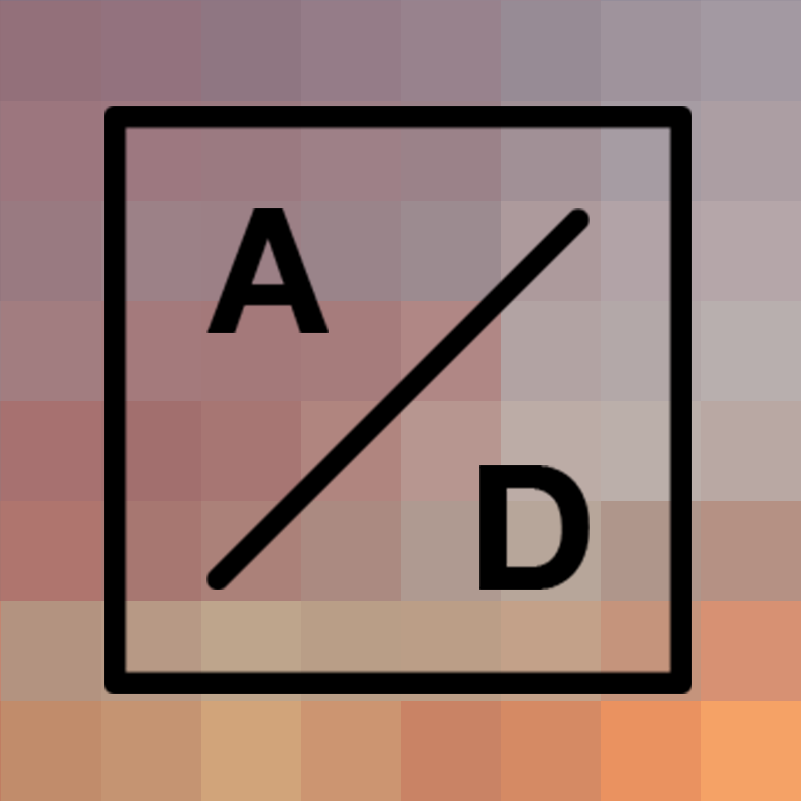It's OK to Not Know
Recently, I was asked my opinion on the ongoing Israel-Hamas War. I took a moment, thought about it, and answered that I wasn’t educated enough on the conflict to share my opinion. (I did, however, tell them that while I’m not from Israel or Palestine, nor am I Jewish or Islamic, I am a human who values human lives, and the killing of anyone based on where they were born or what they believe is genuinely horrific.) Regarding this war, it’s not like I’ve had my head stuck in the sand. I’ve seen news reports and propaganda from both sides. I was taught about it in broad strokes in high school. I’ve seen movies and read books about the conflict. But I still don’t understand it. Not fully.
And that’s ok.
Too often, we answer too quickly to showcase our intelligence, our worldliness, or our superiority. In a society that often prizes expertise and confidence, the admission of not knowing something can feel like an admission of weakness. However, there's an often-overlooked strength in embracing our own limitations and being open about what we don't know. Saying "I don't know" can be a powerful tool for personal growth, honest communication, and fostering an environment conducive to learning.
1. Cultivating Humility and Continuous Growth:
Acknowledging that we don't possess all the answers is a display of humility, a quality that lies at the heart of personal development. By openly recognizing our limitations, we invite a sense of humility into our lives, fostering an attitude that there is always more to learn and room for improvement. This acknowledgment lays the foundation for a mindset that values continuous growth and self-awareness.
2. Building Trust Through Authenticity:
Trust is a cornerstone of any healthy relationship, be it personal or professional. When we admit our lack of knowledge, it showcases authenticity and sincerity. People are likelier to trust individuals who are honest about what they do and do not know. This honesty creates a foundation upon which solid and genuine connections can be built.
3. Catalyzing Collaborative Environments:
In collaborative settings, saying "I don't know" can catalyze teamwork. It's an invitation for others to contribute their unique knowledge and expertise. This collaborative spirit often results in more comprehensive and innovative solutions than any individual could achieve alone. It encourages a collective approach to problem-solving, where diverse perspectives come together for a richer understanding.
4. Opening the Door to Lifelong Learning:
Admitting ignorance is the first step towards gaining knowledge. When we acknowledge what we don't know, we create an opportunity for self-improvement and a chance to expand our understanding of the world. This openness to learning is not just a one-time event but a lifelong journey, demonstrating that knowledge is a process, not a destination.
5. Navigating Change with Resilience:
In a world characterized by rapid change, it's impossible to be an expert on everything. Admitting our limitations becomes a critical factor in navigating uncertainty. It fosters adaptability by encouraging a mindset that embraces new information, perspectives, and challenges. Individuals who readily acknowledge what they don't know are better equipped to navigate change with resilience and agility.
6. Modeling Vulnerability in Leadership:
For those in leadership or mentorship roles, openly admitting when they don't know something sets a positive example. It communicates that it's acceptable not to have all the answers and encourages others to do the same. This modeling of vulnerability and humility can contribute to a healthier organizational culture that values openness and fosters a collaborative and growth-oriented atmosphere.
Saying "I don't know" is not an admission of defeat but a powerful affirmation of our shared humanity. Embracing our limitations is a catalyst for personal and collective growth, building trust, fostering collaboration, opening the door to lifelong learning, navigating change with resilience, and modeling vulnerability for those around us. So, the next time uncertainty arises, don't shy away from saying those three liberating words – "I don't know." They may just be the starting point for a journey of discovery and growth.
